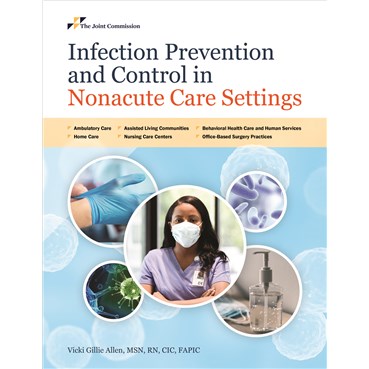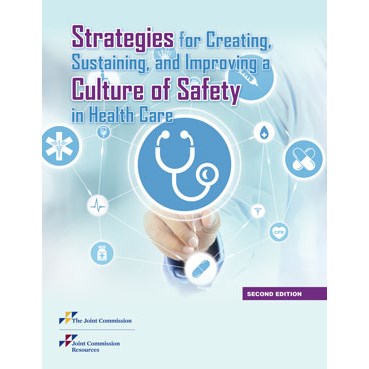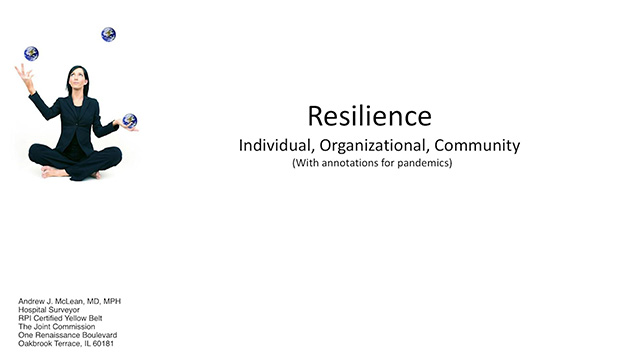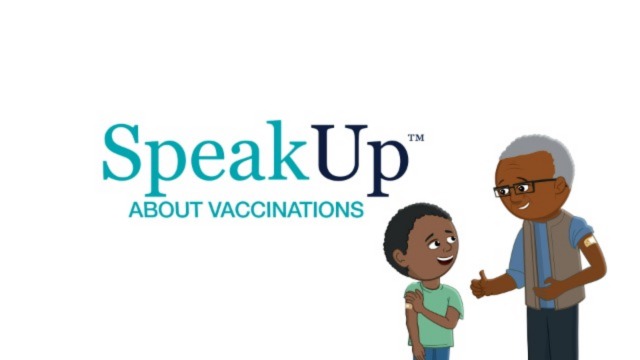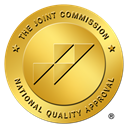Outcome Measures Standard
Introduction
Measurement-based care has become a high-profile issue in the behavioral health care field, and The Joint Commission believes that this standard will help accredited customers increase the quality of the care, treatment, and services they provide.
The standard covers the following:
- The first Element of Performance (EP1) requires organizations use a standardized tool or instrument to monitor an individual’s progress.
- EP2 requires organizations to analyze the data generated by this activity and use the results to inform the individual’s goals and objectives as needed.
- EP3 requires organizations to use their data to evaluate outcomes of care, treatment, or services provided to the population(s) they serve.
Standardized Tools and Instruments
The Joint Commission has compiled a list of some measurement-based care tools and instruments as a resource to help accredited organizations comply with the behavioral health outcome measurement standard CTS.03.01.09.
Note: If you are a developer of a standardized tool or instrument that is appropriate for use as a routine outcome measure in the behavioral health care field, or a behavioral health care organization using a standardized tool or instrument that is working well for you, we encourage you to share your information with us. You can do that by posting that information using the button above.
The Joint Commission cannot make any endorsements of specific tools or instruments, or systems designed to analyze and display data.




